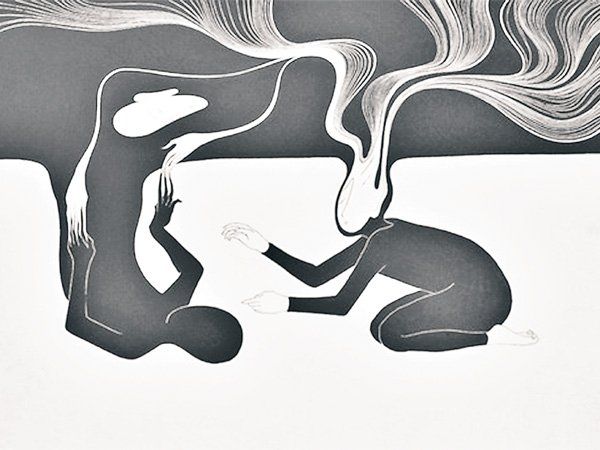Trauma
We all use the word “trauma” in every day language to mean a highly stressful event. But the key to understanding traumatic events is that it refers to extreme stress that overwhelms a person’s ability to cope. There are no clear divisions between stress, trauma, and adaptation.
Psychological trauma is the unique individual experience of an event or enduring conditions, in which:
- The individual’s ability to integrate his/her emotional experience is overwhelmed, or
- The individual experiences a threat to life, bodily integrity, or sanity.
A traumatic event or situation creates psychological trauma when it overwhelms the individual’s ability to cope, and leaves that person fearing death, annihilation, mutilation, or psychosis. The individual may feel emotionally, cognitively, and physically overwhelmed. The circumstances of the event commonly include abuse of power, betrayal of trust, entrapment, helplessness, pain, confusion, and/or loss.
This definition of trauma is fairly broad. It includes responses to powerful one-time incidents like accidents, natural disasters, crimes, surgeries, deaths, and other violent events. It also includes responses to chronic or repetitive experiences such as child abuse, neglect, combat, urban violence, concentration camps, battering relationships, and enduring deprivation. This definition intentionally does not allow us to determine whether a particular event is traumatic; that is up to each survivor. This definition provides a guideline for our understanding of a survivor’s experience of the events and conditions of his/her life.












